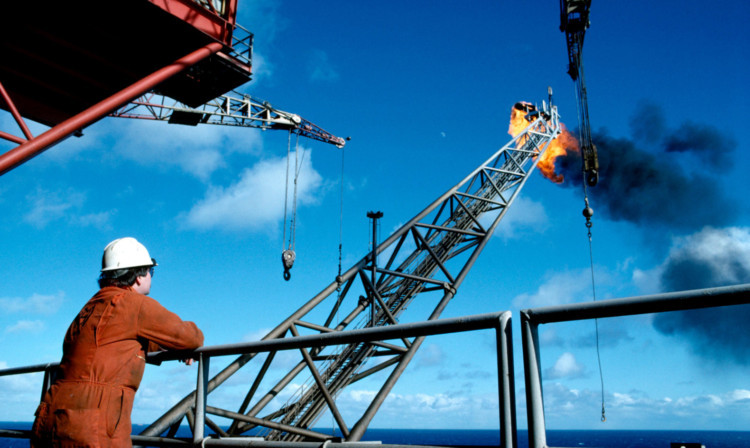Scotland’s oil and gas sector has been told it must step up efforts to snare decommissioning work likely to be worth many billions of pounds over the next three decades.
A study by business development agency Scottish Enterprise, industry group Decom North Sea and professional services firm Accenture yesterday revealed the capacity of the UK Continental Shelf supply chain is 35% short of the “ideal” level required to serve a £30bn-plus market.
There are particular shortages of expertise in well-plugging, the bodies say, as well as a lack of contractors who can deal with rig and platform abandonment and the physical removal of hardware from the North Sea.
While the industry has particular strengths in the cleaning of above-water topside units, disconnection and onshore disposal, the report also warns that resources including engineering staff and vessels, including those with heavy lifting gear, may be limited.
Launching the study at the joint Decom North Sea and Oil & Gas UK Offshore Decommissioning Conference in St Andrews yesterday, energy minister Fergus Ewing said decommissioning works would be a “challenge” for Scotland.
“We have a responsibility to ensure that the supply chain is ready and prepared to grasp these significant opportunities,” he said.
“Decommissioning will develop into a major business activity and it is critical that we in Scotland receive economic benefits from this activity.
“The decommissioning of North Sea oil and gas facilities is projected to cost over £30 billion over the next three decades.
“This clearly represents a growing business opportunity as well as a challenge for the Scottish supply chain.”
He said the Scottish Government was committed to support offshore contractors and supply companies to work together on decommissioning, even while estimates have suggested remaining reserves could be worth as much as £1.5 trillion.
He said Holyrood would seek funding for the work from Westminster, while providing certainty over taxation.
“Successive UK Governments have accrued £300 billion in tax receipts (in today’s prices) from oil and gas production in the North Sea, therefore the Scottish Government will seek a contribution to this cost from the UK Government,” he said.
Scottish Enterprise head of oil and gas David Rennie said: “Although the use of technology and increased recovery means that many fields will continue to operate beyond their initial expected life cycle, we know that an increasing number of fields and installations will be decommissioned over the next 15 years.
“We’ll be continuing to work closely with industry to look at new ways of developing capacity, and ensuring our supply chain is aware of these opportunities and how they can access them,” he added.
